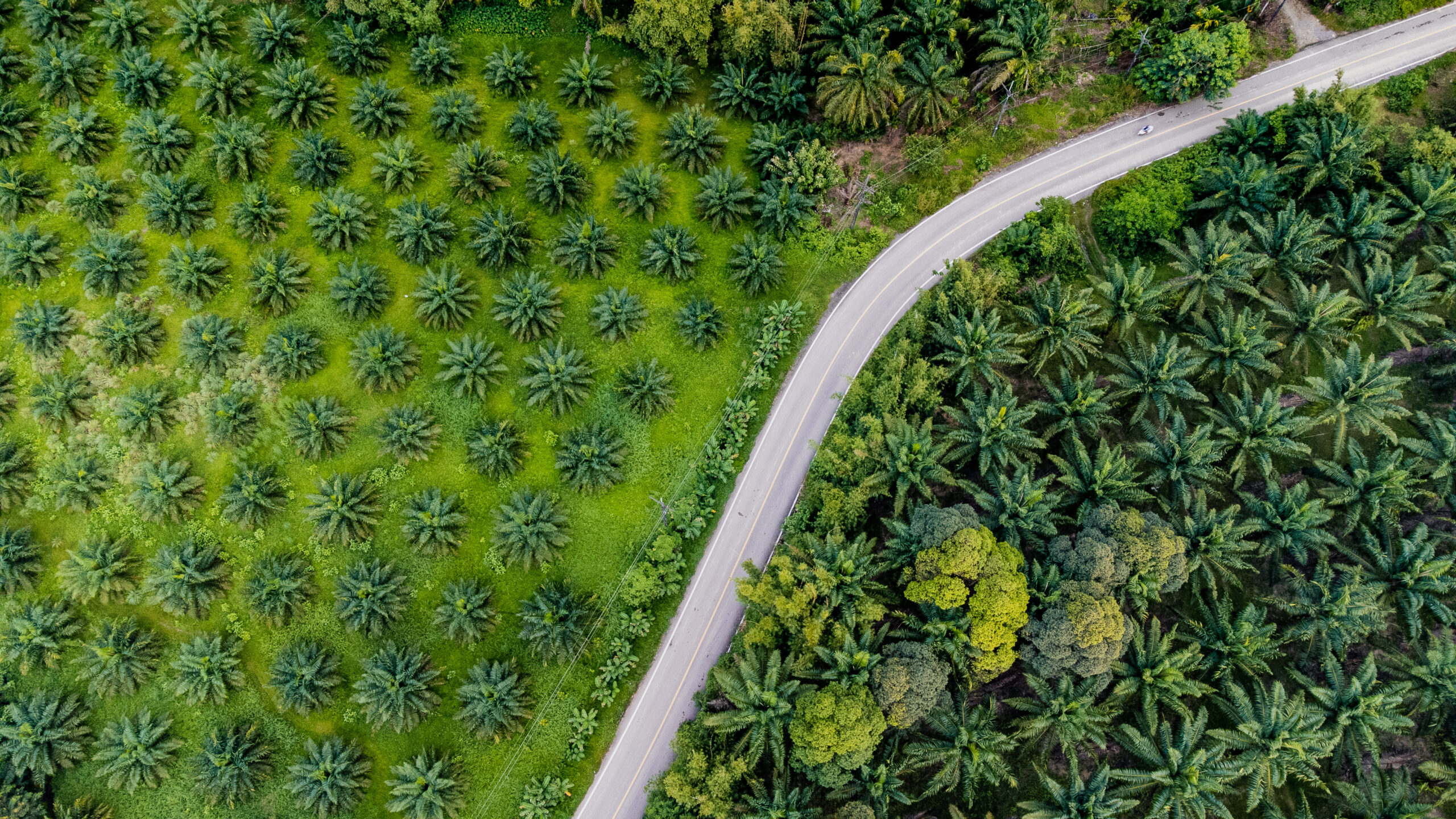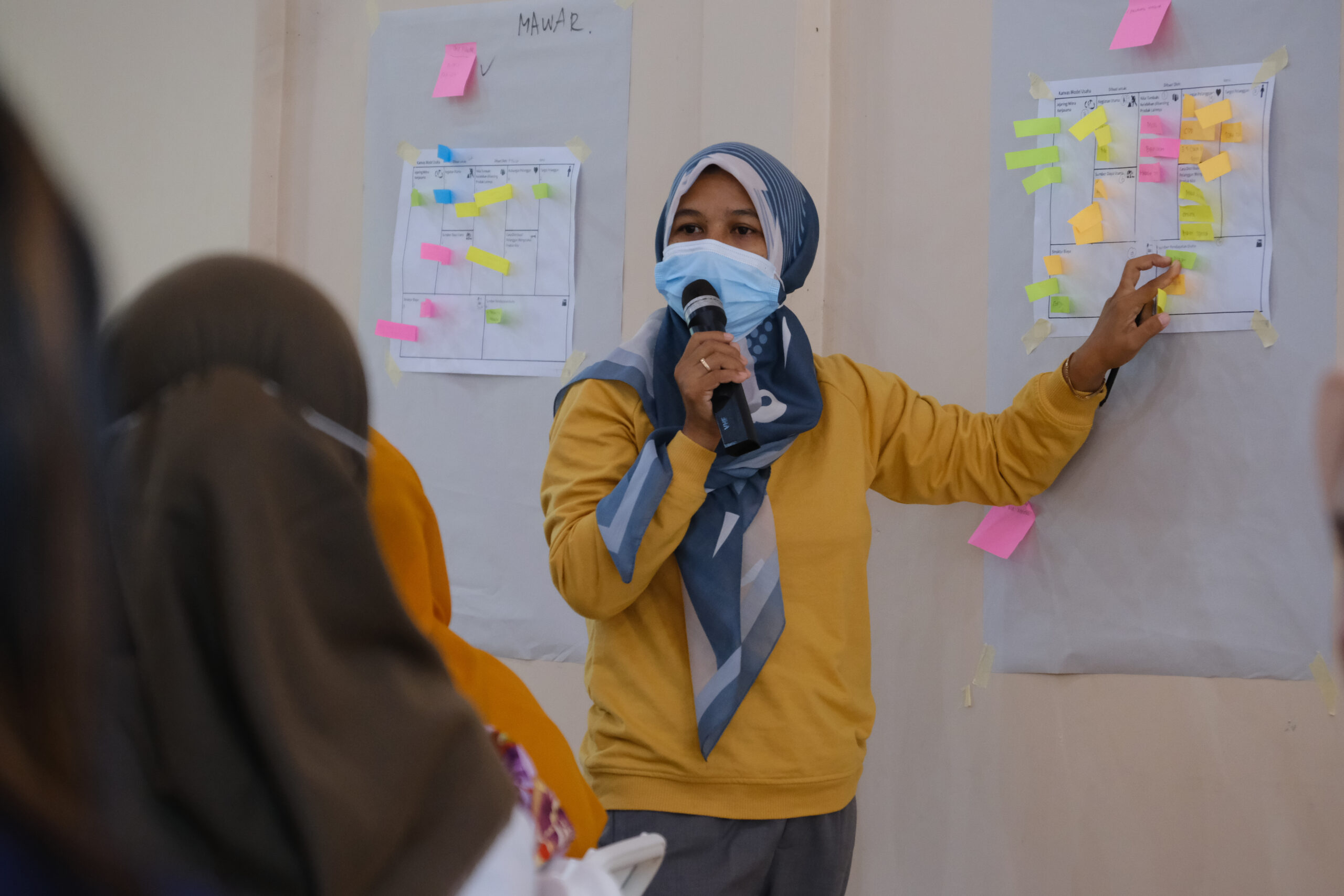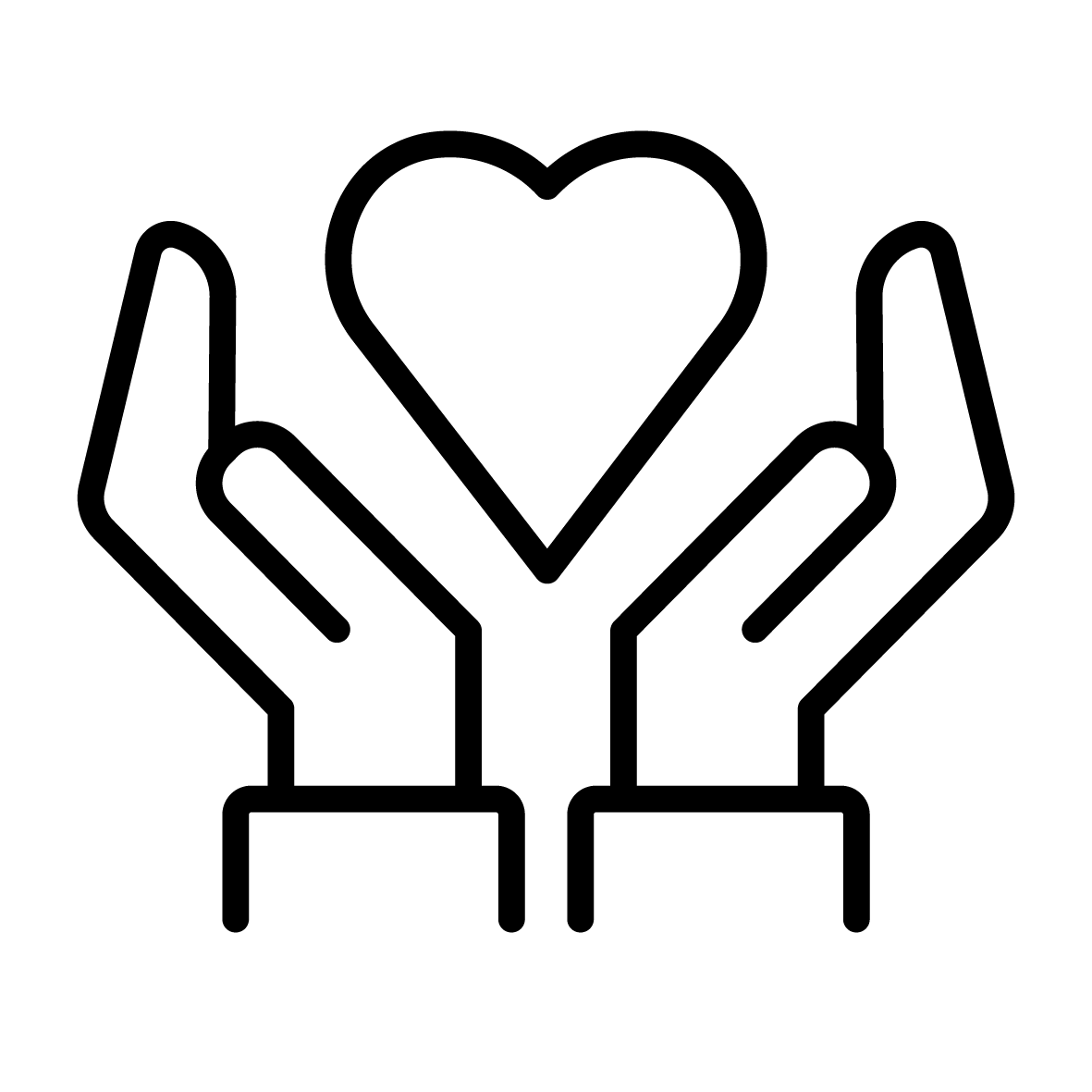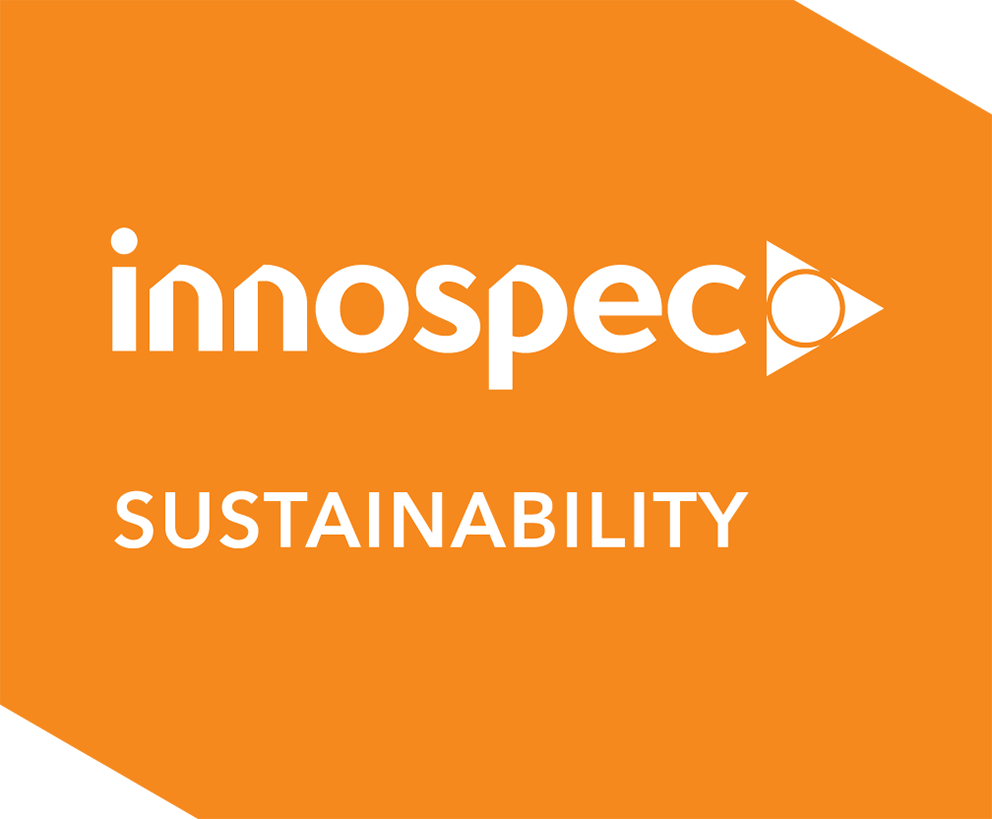
Modern Slavery in the Palm Oil Industry
Approximately 50 million people worldwide are living in modern slavery, with the largest proportion represented in the Asia Pacific region. Indonesia has been identified as a major source and destination for Trafficking In Persons (TIP), with 1.5 million child labourers in the agricultural sector alone. The palm oil industry, particularly in Northern Kalimantan that accounts for 40% of the country’s palm oil production, is a hotspot for forced labour due to its remote locations and limited access.

Creating Lasting Change
Innospec Performance Chemicals partnered with IJM to combat this issue and strengthen the capacity of key stakeholders in protecting Indonesian workers. The partnership works to increase the reliance of vulnerable Indonesian workers on government systems for protection. Interventions include education and sensitization campaigns, training for law enforcement and government officials, and capacity-building for palm oil plantation labour unions in Northern Kalimantan. Additionally, the partnership helps ensure the provision of trauma-informed survivor services for those who have experienced forced labour and labour trafficking in the palm oil sector.
Key interventions
Addressing forced labor and labor trafficking in the palm oil sector requires that stakeholders, including migrant and local workers, civil society organizations (CSO), law enforcement, government officials, labor unions, the media, private companies, and communities, understand TIP laws and regulations that aim to protect workers and how cases of TIP are managed by the appropriate authorities. This partnership aims to inform these stakeholders through a national campaign on safe migration and sensitization training for law enforcement officials and palm oil plantation labor unions.
Immediate relief and psycho-social support to survivors of forced labor and labor trafficking is critical. When a person is identified as a victim through the police, national hotline or labor unions, the survivor is referred to local CSOs in the area for support services. This partnership aims to ensure survivors of forced labor and labor trafficking are provided trauma-informed care.
Our Accomplishments So Far
Aftercare & repatriation
Provided legal, psychological, and economic support for survivors, aswell as strengthening grievance mechanisms to ensure victims have safe ways to seek help
Training and awareness
Over 50 government officials and law enforcement personnel trained on human right-respecting business practices and ran a public campaign to highlight the exploitation linked to online scams and plantation environments

Trusted relationships
Worked with over 30 labor union representatives to help them identify forced labour indicators, strengthen their advocacy skills, and promote collective action on labor rights
Research & studies
Collaborated with international research partners to improve understanding of the challenges of forced labor and labor trafficking in Indonesia

